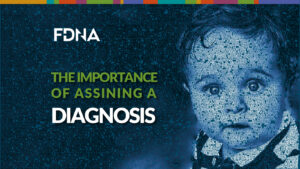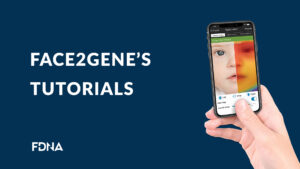Dekel Gelbman, CEO of FDNA, was featured in Health Data Management discussing the value for hospitals of using clinical data warehouses for the storage and analysis of genomic and phenotypic information. Below is an excerpt:
There are more than 7,000 rare diseases for physicians to consider when diagnosing a patient. For even the most experienced physician, this is a daunting task. This is further compounded by the fact that one in ten people has one of these diseases.
Recognizing and sifting through a plethora of signs and symptoms takes an average of seven years and seven doctors, leaving patients suffering for years from rare diseases and a lack of answers. It takes an emotional and financial toll on patients and their families as they wait, hoping for a positive health outcome.
Genetics and phenotyping are crucial for deciphering various disease states, including genetic disorders and conditions in neurology, oncology, musculoskeletal health, and psychiatry. As big data continues to reveal genetic insights across numerous medical fields, its importance will only grow. The future of healthcare lies in leveraging this advanced approach, utilizing a comprehensive phenotypic and genotypic data warehouse to inform more accurate and effective medical decisions.



